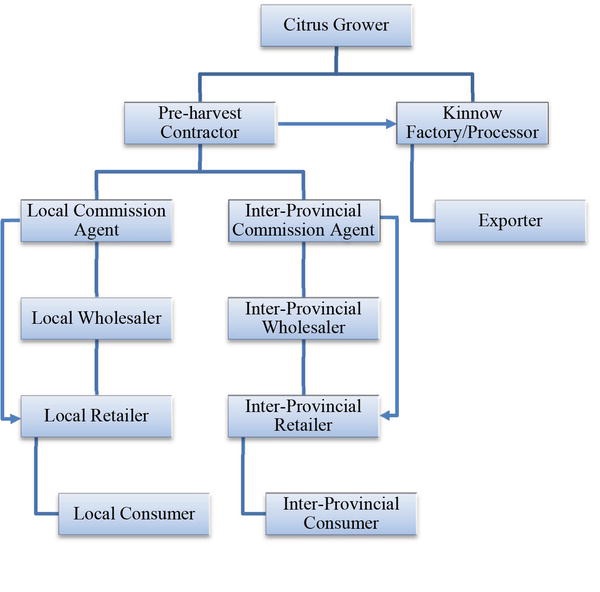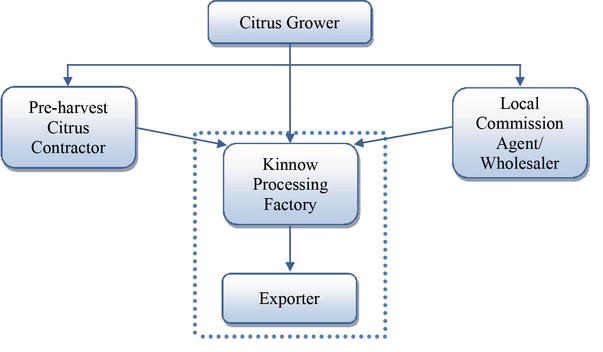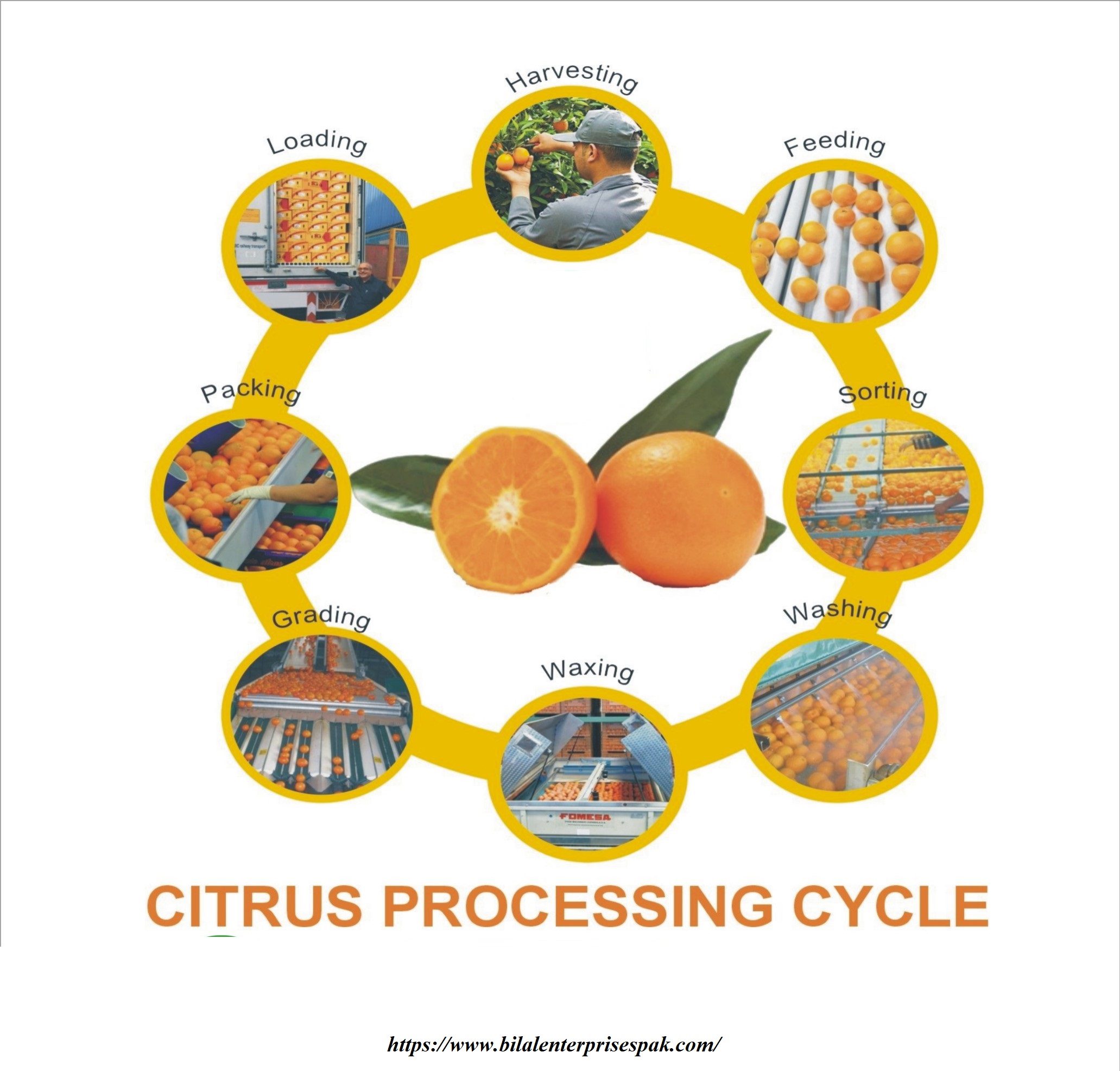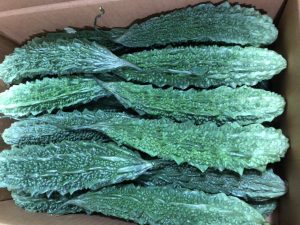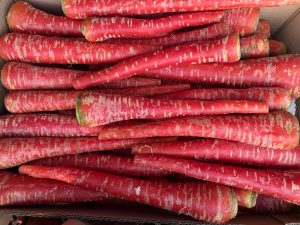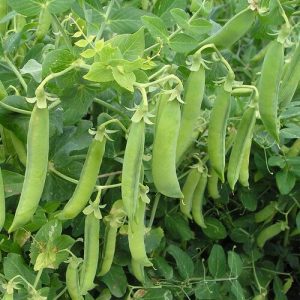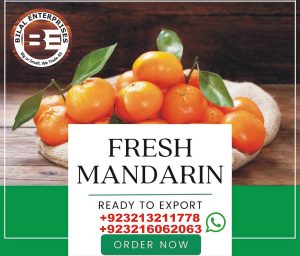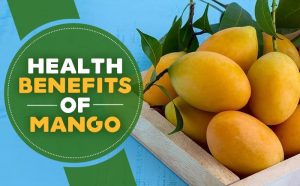Table of Contents
ToggleMandarin Kinnow Export Quality Available
PAKISTAN MANDARIN KINNOW INDUSTRY
Kinnow is a citrus fruit that is a hybrid between two citrus cultivars – King (Citrus nobilis) and Willow Leaf (Citrus deliciosa). It is primarily grown in the Punjab region of Pakistan . The name “Kinnow” is derived from the combination of the two parent fruits’ names: “Kin” from King and “now” from Willow Leaf.
Here are some key points about Kinnow:
- Origin: Mandarin Kinnow was developed in the 1930s at the Citrus Research Institute of Sargodha in Punjab, Pakistan. It is well-suited for cultivation in subtropical climates.
- Appearance: Mandarin Kinnow resembles a large mandarin or a small orange. It has a bright orange, smooth, and thin peel that is easy to peel by hand. The fruit is typically seedless or has very few seeds, making it popular among consumers.
- Taste: Kinnow is known for its sweet and tangy flavor, making it a favorite citrus fruit among many. Its juicy and refreshing taste adds to its popularity.
- Nutritional Value: Like other citrus fruits, Mandarin Kinnow is a good source of vitamin C, potassium, dietary fiber, and antioxidants. It is low in calories and provides essential nutrients.
- Cultivation: Mandarin Kinnow trees require well-drained soil and plenty of sunlight to thrive. They are usually propagated through grafting. The fruit matures during the winter months, making it a seasonal delicacy.
- Economic Importance: Mandarin Kinnow has significant economic importance in the citrus industry of Pakistan and India. It is exported to various countries and contributes significantly to the economy of the regions where it is grown.
- Uses: Mandarin Kinnow can be consumed fresh as a snack, juiced for its refreshing and flavorful citrus juice, or used in culinary preparations and desserts.
Due to its appealing taste, easy peeling, and high vitamin C content, Kinnow has gained popularity not only in its native regions but also in international markets, making it a valuable citrus fruit in the global trade.
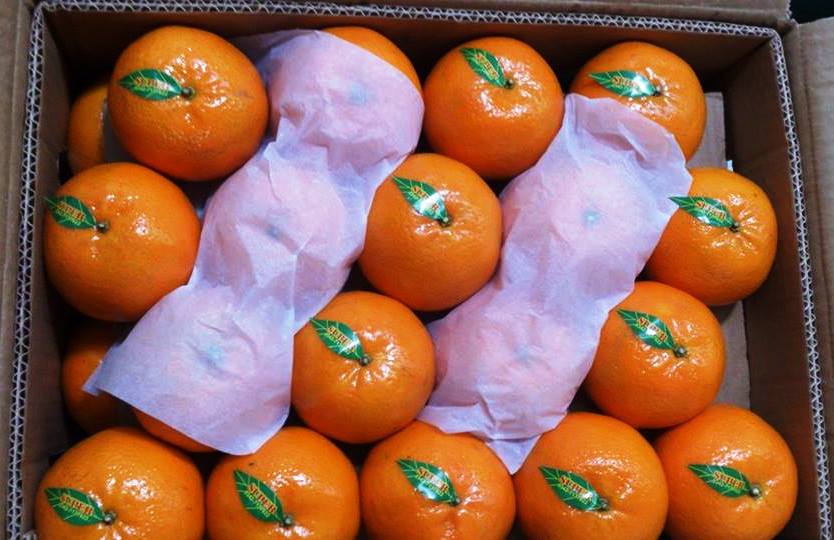
KINNOW BEST PRODUCTION AREA IN PAKISTAN
Mandarin Kinnow is a type of mandarin orange that is widely cultivated in Pakistan. The province of Punjab is known for being the primary production area for Kinnow oranges in Pakistan. Within Punjab, districts such as SARGODHA, BHALWAL, & MANDI BAHAUDDIN are renowned for their Kinnow orchards. Sargodha, in particular, is often considered the best Kinnow-producing region in Pakistan.
The unique climate and soil conditions in these areas are well-suited for Kinnow cultivation, resulting in high-quality and flavorful oranges. However, it’s important to note that specific production areas and their rankings can vary based on factors such as climate changes, agricultural practices, and market demands. For the most up-to-date and detailed information, it’s recommended to consult local agricultural authorities or organizations involved in citrus cultivation in Pakistan.
KINNOW VALUE CHAINS IN PAKISTAN
The Mandarin Kinnow value chain in Pakistan refers to the entire process involved in the production, processing, and distribution of Kinnow oranges, from the farm to the end consumer. The Kinnow value chain typically includes the following stages:
1Farmers and Orchards:
- Cultivation: Mandarin Kinnow cultivation begins with farmers preparing the soil, planting Kinnow trees, and ensuring proper irrigation and care.
- Orchard Management: Farmers manage orchards by pruning, pest control, and regular maintenance to ensure healthy Kinnow production.
2 Harvesting:
- Timing: Mandarin Kinnow are usually harvested from November to February when they are at peak ripeness and flavor.
- Harvesting Practices: Skilled laborers hand-pick the fruits to avoid damage.
3Processing and Grading:
- Cleaning and Sorting: Harvested Kinnow are cleaned to remove dirt and debris. They are then sorted based on quality, size, and color.
- Packaging: Kinnow are packed in different sizes and types of packaging materials for local consumption and export.
4 Distribution and Marketing:
- Export: Pakistan exports a significant amount of Kinnow, especially to countries like Russia, UAE, Saudi Arabia, and Indonesia. Export-quality Kinnow are carefully packed and transported to international markets.
- Local Markets: Kinnow are supplied to local markets and vendors to be sold to consumers directly.
PROCESSED KINNOW VALUE CHAIN FOR EXPORT
KINNOW PROCESSING FOR EXPORT WASHING, WAXING, GRADING & PACKING
Processing Mandarin Kinnow oranges for export involves several critical steps to ensure the fruit’s quality, appearance, and freshness are maintained during transportation. Here’s a detailed overview of the processing stages, including washing, waxing, grading, and packing:
Washing:
- Purpose: Washing removes dirt, dust, and any contaminants from the Kinnow.
- Process: Kinnow are gently washed with water to clean the surface thoroughly. Special care is taken to ensure that the fruit is not damaged during this process.
Waxing:
- Purpose: Waxing helps preserve the freshness and appearance of the fruit during transit by reducing moisture loss.
- Process: After washing, Kinnow are coated with a food-grade wax. Waxing is usually done using natural waxes like carnauba or shellac. The wax forms a protective layer, enhancing the fruit’s shine and preventing dehydration.
Grading:
- Purpose: Grading is crucial for sorting Kinnow based on their size, color, and quality.
- Process: Trained workers or machines sort Kinnow into different grades based on parameters such as size, color consistency, absence of blemishes or bruises, and overall appearance. Uniformly graded fruit ensures a consistent product for export.
Packing:
- Purpose: Proper packing ensures that Kinnow remain intact and fresh during transportation, protecting them from physical damage and temperature fluctuations.
- Selection of Packaging Material: Export-quality cartons made of sturdy, corrugated cardboard are commonly used. These cartons protect the fruit and allow for ventilation.
- Arrangement: Kinnow are carefully placed in the cartons, often separated by layers of cushioning materials like foam or paper to prevent bruising.
- Labeling: Each carton is labeled with essential information such as product name, grade, origin, quantity, and exporter details.
- Ventilation: Proper ventilation holes are added to the cartons to ensure air circulation, preventing the buildup of gases that could accelerate ripening or spoilage.
- Quality Control: Random samples are often checked to maintain quality standards. Damaged or overripe fruits are removed during the packing process.
Storage and Transportation:
- Storage: Packed cartons are stored in temperature-controlled facilities to maintain freshness.
- Transportation: Kinnow are transported in refrigerated containers or trucks to maintain the appropriate temperature throughout the journey. Temperature and humidity are carefully regulated to prevent spoilage.
Export Documentation:
- Documentation: Proper export documentation, including invoices, certificates of origin, phytosanitary certificates, and bill of lading, is prepared according to international trade regulations.
Following these steps meticulously ensures that the exported Kinnow reach their destination market in optimal condition, meeting the quality standards expected by consumers and importers abroad.
KINNOW PHYTOCHEMICALS FOR EXPORT
Phytochemicals are natural compounds found in plants, including Kinnow oranges, that have various health-promoting properties. These compounds contribute to the nutritional and medicinal value of Kinnow oranges, making them desirable for export. Some of the key phytochemicals present in Kinnow oranges include:
- Flavonoids:
- Hesperidin:A flavonoid known for its antioxidant and anti-inflammatory properties.
- Naringin: Has antioxidant and potential anticancer properties.
- Rutin: Exhibits antioxidant and anti-inflammatory effects.
- Carotenoids:
- Beta-Carotene: A precursor to vitamin A, important for eye health and immune function.
- Lutein and Zeaxanthin: Protect the eyes from oxidative damage, reducing the risk of age-related macular degeneration.
- Vitamin C:Mandarin Kinnow oranges are rich in vitamin C (ascorbic acid), an essential nutrient with antioxidant properties. Vitamin C boosts the immune system and promotes healthy skin.
- Polyphenols:
- Ellagic Acid: Exhibits anti-cancer properties and acts as an antioxidant.
- Gallic Acid: Possesses antioxidant and anti-inflammatory properties.
- Caffeic Acid: Has antimicrobial and anti-inflammatory effects.
- Terpenes:
- Limonene: Aromatic compound with potential anticancer and anti-inflammatory properties.
- Terpinene: Exhibits antioxidant and antimicrobial activities.
- D-limonene:
- A compound found in citrus fruits like Kinnow oranges, known for its potential in cancer prevention and treatment.
- Pectin:
- A soluble dietary fiber that aids digestion and helps in lowering cholesterol levels.
- Citric Acid:
- Provides the characteristic tart taste of citrus fruits and serves as a natural preservative.
- Essential Oils:
- Mandarin Kinnow peel oil, extracted from the orange’s outer layer, is rich in various compounds and is used in the fragrance and food industries.
When exporting Kinnow oranges, highlighting the presence of these phytochemicals, which contribute to the fruit’s nutritional and health benefits, can be an important marketing point. Proper storage, handling, and transportation methods should be employed to preserve these valuable phytochemicals and ensure that the exported Kinnow oranges reach consumers in the best possible condition.
Conclusion
in Positive conclusion, the Kinnow orange industry in Pakistan is a vital component of the country’s agricultural sector. Renowned for its unique flavor and high nutritional value, Kinnow oranges are cultivated in regions such as Sargodha, Punjab, which provide ideal conditions for their growth. The cultivation and export of Kinnow oranges involve a meticulous process, from planting and harvesting to processing, packaging, and transportation.
Throughout the Mandarin Kinnow value chain, various stages are crucial in maintaining the fruit’s quality and ensuring its appeal to both local and international consumers. These stages include careful harvesting, thorough cleaning, waxing for preservation, precise grading and sizing, meticulous packing, quality control measures, cold storage, and transportation in refrigerated containers. Additionally, the rich presence of phytochemicals, vitamins, and minerals in Kinnow oranges enhances their appeal as a healthy and nutritious choice.
For successful export, adherence to international quality standards, compliance with export regulations, and efficient logistics are essential. Proper documentation, including certificates of origin and phytosanitary certificates, is necessary for smooth international trade. Furthermore, emphasizing the health benefits associated with the phytochemicals present in Kinnow oranges can enhance their market appeal and consumer demand.
In essence, the success of the Mandarin Kinnow orange industry for export relies on the collaboration of farmers, processors, exporters, and regulatory bodies. By maintaining quality at every step of the value chain and highlighting the nutritional benefits, Pakistan can continue to establish itself as a significant player in the global citrus fruit market.


